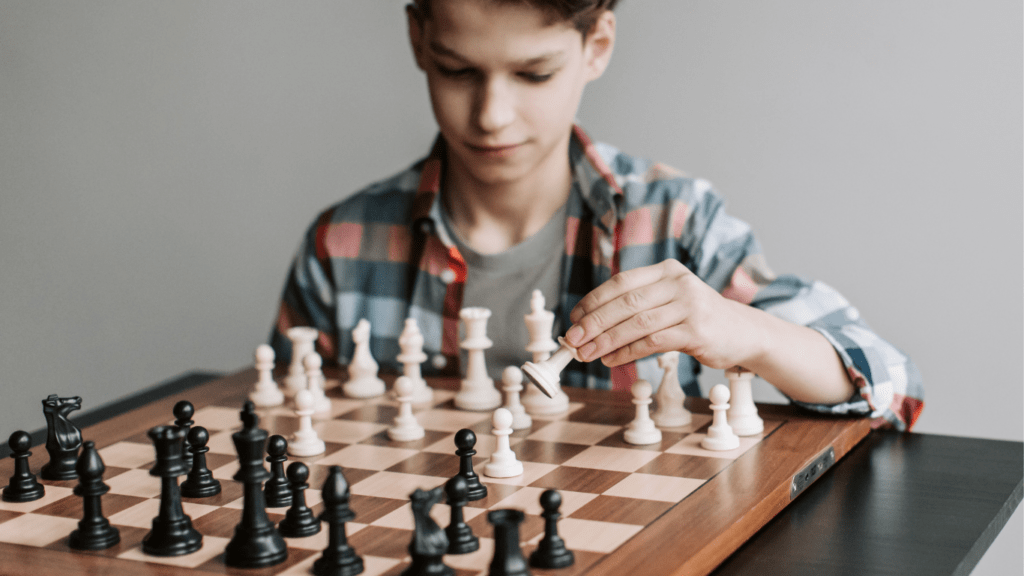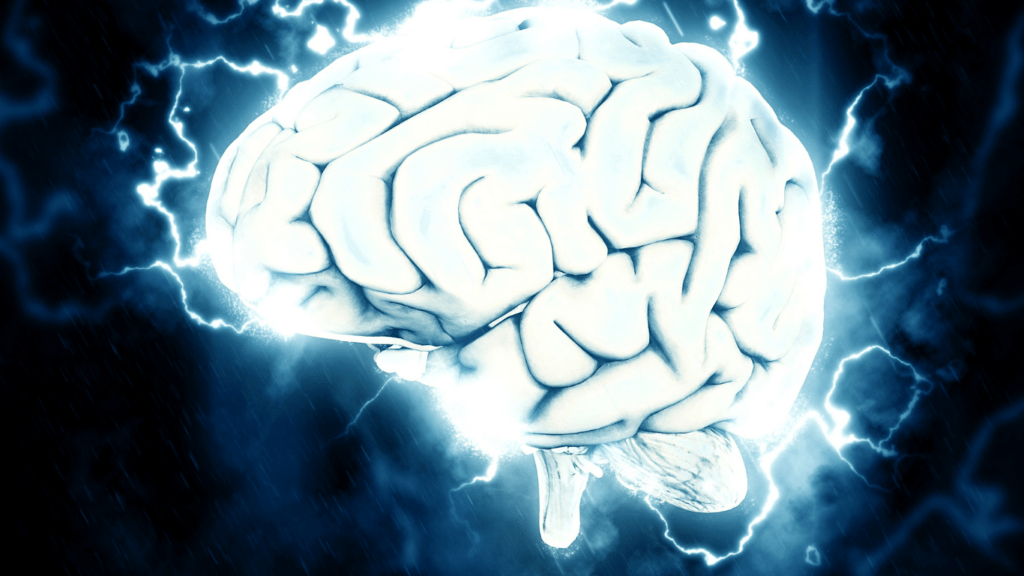The Relationship Between Gaming and Cognitive Development
Gaming plays a significant role in enhancing cognitive skills in children by engaging them in complex tasks and challenges.
Understanding Cognitive Skills
Cognitive skills include abilities such as:
- problem-solving, memory
- attention
- spatial reasoning
These skills help children process information, make decisions, and navigate their environment.
For example, problem-solving involves identifying issues and finding solutions, while memory aids in recalling essential information.
Attention involves focusing on specific tasks without distractions, and spatial reasoning helps interpret visual data to understand space and shapes.
How Games Impact These Skills
Games impact cognitive skills by providing stimulating environments that encourage active engagement.
- Strategy games, like “StarCraft,” require quick thinking and resource management to succeed, which enhances problem-solving capabilities.
- Role-playing games (RPGs) often have intricate storylines that develop memory and attention as players remember details and follow complex plots.
- Puzzle games, such as “Tetris,” improve spatial reasoning by requiring players to fit shapes together efficiently.
Even action games, like “Fortnite,” can improve reaction times and multitasking abilities by needing rapid responses to multiple stimuli.
Key Cognitive Benefits of Gaming for Children
Video games offer several cognitive benefits that promote children’s mental development. Key advantages include:
- enhanced problem-solving abilities
- improved memory
- increased attention span
Improvement in Problem-Solving Abilities
Games like “StarCraft” require strategic thinking and quick decision-making. Players must evaluate complex scenarios, anticipate opponents’ moves, and develop effective strategies.
This constant exercise sharpens children’s problem-solving skills, helping them think on their feet and adapt to new challenges.
Enhanced Memory and Attention Span
Role-playing games (RPGs) like “The Legend of Zelda” and “Final Fantasy” demand that players remember vast amounts of information.
They navigate expansive worlds, recall character abilities, and keep track of intricate storylines.
This strengthens their memory retention and recall capabilities. Additionally, action games like “Fortnite” improve sustained focus, as players must pay close attention to multiple elements simultaneously, enhancing their attention span.
These cognitive benefits extend beyond gaming, often aiding in academic performance and daily problem-solving.
Examining Popular Games That Develop Cognitive Skills

Gaming experiences can significantly sharpen cognitive abilities in children. Popular game genres, such as puzzle and strategy games, and educational video games, enhance specific skills.
Puzzle and Strategy Games
Puzzle and strategy games challenge children to think critically and solve problems efficiently. For instance, “Portal” requires players to solve complex puzzles using physics-based mechanics.
This hones spatial reasoning and logical thinking. Similarly, “Civilization VI” helps children improve strategic planning and decision-making by managing resources and developing civilizations over time.
These games often involve layers of problem-solving that promote adaptive thinking and analytical skills.
Educational Video Games
Educational video games target specific cognitive abilities while providing engaging narratives. “Minecraft: Education Edition” integrates learning objectives with game mechanics, teaching subjects like mathematics and history.
Children develop memory and comprehension skills through interactive lessons. “Brain Age” offers exercises designed to improve mental agility and numerical ability by engaging users in quick-paced, brain-stimulating activities.
These video games make learning entertaining and productive, reinforcing cognitive development through structured educational content.
Addressing Parental Concerns and Myths
Parents often worry about the impact of gaming on their children’s health and development. It’s essential to address these concerns while exploring beneficial aspects.
Balancing Game Time and Type
Ensuring children have a balanced approach to gaming involves managing both game durations and types. Experts recommend limiting screen time to 1-2 hours per day to prevent negative impacts on physical and mental health.
Encouraging a variety of game genres, such as educational, puzzle, and strategy games, helps diversify cognitive learning experiences. Games like “Brain Age” and “Minecraft: Education Edition” offer productive screen time, blending learning and play seamlessly.
Debunking Common Myths About Gaming and Children
Many misconceptions about gaming persist. One common myth is that gaming leads to social isolation. However, multiplayer games like “Fortnite” and “Among Us” foster social interaction, teamwork, and communication skills.
Another prevailing myth is that all games are violent and unsuitable for children. In reality, many games are educational and promote positive behaviors, such as critical thinking and creativity, evident in titles like “Civilization VI” and “Portal.”
Additionally, concerns about gaming addiction often overlook the importance of parental guidance and setting firm rules, which significantly mitigate risks.



